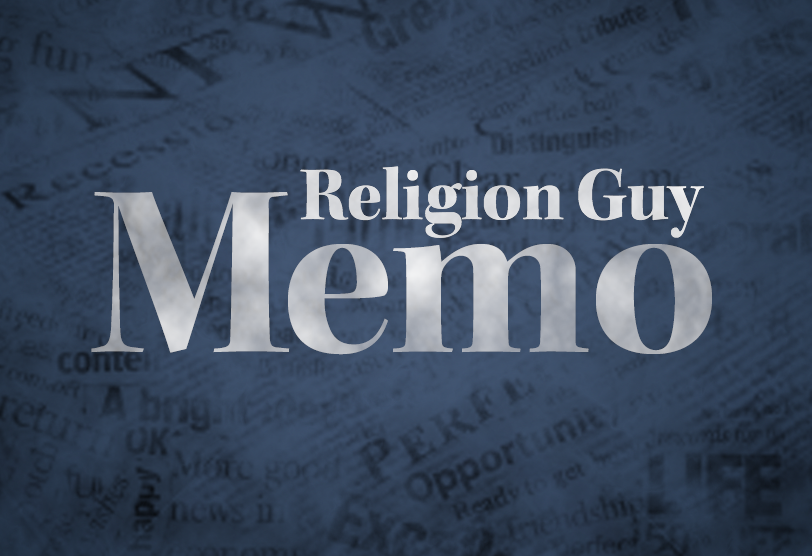While rehashing the Miftah-inspired — www.miftah.org — feud between U.S. Muslim Congresswomen Ilhan Omar and Rashida Tlaib and Israel, U.S. and international media should also be focusing on Israel’s September 17 elections. Vivian Bercovici, Canada’s former ambassador to Israel (in 2014-16), sees a dangerous internal split perhaps unmatched since modern Israel was founded in 1948 – or even since the 1st Century.
Media without bureaus in Israel (and that’s most of them) should be planning coverage by in-house staffers or freelance experts before and/or after the vote. They will benefit from Bercovici’s opinion piece in the summer issue of Commentary magazine and Marcy Oster’s objective roundup on the tangled parties and pols for the Jewish Telegraphic Agency.
Israel, of course, faces endless conflict with Palestinians. But there’s an increasingly troublesome internal struggle involving a minority of “ultra-Orthodox” Haredim (a term meaning those who “tremble” before God), currently 12 percent of the population and growing steadily. (They are distinct from the equally devout Hasidim and the less rigorist modern Orthodox.)
The conflict centers on exemption from the military draft for 130,000 Haredi men who study Torah and Talmud full-time. Bercovici, an attorney living in Tel Aviv, contends that the resulting burden on the national population is divisive, unfair and has become ‘financially and ethically unsustainable.”
Journalists must note: There is no way to escape the religious issues linked to these conflicts.
The system dates from a compromise by the first prime minister, David Ben-Gurion, who exempted the tiny band of 400 such students to soften resistance by the Orthodox who believed modern Israel should not be founded before the Messiah appeared (as depicted in Chaim Potok’s classic 1967 novel “The Chosen”).
The ever-shifting lineup of political parties in Israel’s parliament (Knesset) reflects the divide, which is the reason there’s a September election even though the nation just voted in April. The September re-run was forced by an unprecedented morass when no coalition government could be formed.
The conservative Likud led by Prime Minister Benjamin Netanyahu (who is weakened by pending fraud accusations) is the largest party, but may lose ground in September. It relies on the pro-Haredi Shas, United Torah Judaism and newly merged United Right parties, once again likely lacking enough seats to form a government.
Meanwhile, right-wing and hawkish voters are flowing to the Israel Beiteinu party of former defense minister Avigdor Liberman. This party reflects the secular outlook of its chief constituency, immigrants from Russia. The majority of Israelis agree with its impatience with the Haredim, which gives Liberman outsize influence and allowed him to prevent a post-April coalition government.
The political left, once dominated by Labor, is riven by factional parties. The main player in the center, the new Blue and White party, incorporates the important anti-Haredi faction led by Ysair Lapid of the former Yesh Atid party, but mostly campaigns on hostility toward Netanyahu, Israel’s longest-serving prime minister. Blue and White will refuse a national unity coalition with Likud unless Netanyahu steps down.
Ah, yes. JTA lists two brand- new religious parties this round. Noam rallies religious Zionists with an anti-LGBTQ platform. Kama is led by four of the six wives of the cultish Daniel Ambash, who was sentenced to 26 years for sexual slavery and abuse.
In Bercovici’s view, the military draft issue is merely a symbolic aspect of the far broader problem emerging in 21st Century Israel.
No doubt religiously liberal and secular Jews in the U.S. agree with her. She thinks there’s an “impasse and formidable challenge” with the Haredi enclaves, “an alienated and powerful segment of the population” that somehow needs to “participate fully in the responsibilities and privilege of living in a democracy.”


